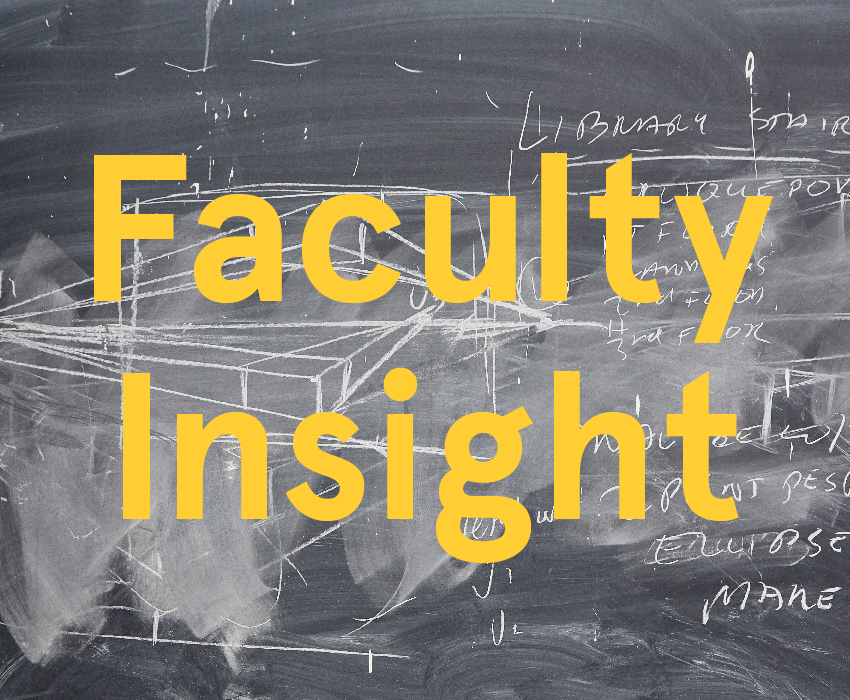 Visiting Instructor of Humanities and Media Studies Wes Enzinna recently traveled to Rojava, a Kurdish autonomous region in the north of civil war-ravaged Syria, to teach journalism at the Mesopotamian Social Sciences Academy. He wrote about his experiences in The New York Times Magazine and has incorporated the article and his experiences in Rojava into his teaching at Pratt, where he draws on the realities of writing in a war zone to prepare students to overcome challenges in working on any type of story.
Visiting Instructor of Humanities and Media Studies Wes Enzinna recently traveled to Rojava, a Kurdish autonomous region in the north of civil war-ravaged Syria, to teach journalism at the Mesopotamian Social Sciences Academy. He wrote about his experiences in The New York Times Magazine and has incorporated the article and his experiences in Rojava into his teaching at Pratt, where he draws on the realities of writing in a war zone to prepare students to overcome challenges in working on any type of story.
Given your background and recent trip(s) to Syria, how do you think journalism shaped the public's perspective of the civil war?
Until my visit in July 2015, very few Western reporters had been to Rojava. My visit was designed to fill what I perceived as a hole in coverage. I hope my article “The Rojava Experiment” painted a portrait of Syria that complicates narratives that portray the country as a total hell. Its civil war and ISIS's occupation are hell, and 250,000 civilian casualties attest to that fact. Rojava, too, isn’t without its problems. But the centrality of feminism and multiculturalism to the Kurdish-Syrian political project is cause for hope—tentative and cautious hope, but hope nonetheless, especially in an increasingly bleak global landscape.
What was the story you were hoping to tell versus the story you ended up writing?
Because there had been so little reliable press coverage of Rojava before my visit, I had very little idea of what to expect. I knew that I wanted to tell the story of the relationship between the American philosopher Murray Bookchin and Kurdish rebel leader Abdullah Ocalan, and that was a big part of my final article, but I really had very few notions about what I would find in Syria. The most surprising thing, I suppose, was the intensity and precariousness of the situation: the threat of danger, both for me and my interviewees on a personal level, and for the political experiment that the people I was writing about were conducting, was an ever-present part of daily life and is inseparable from the positive reforms they were, and are, trying to achieve.
After experiencing the situation in Syria firsthand, how has your teaching approach or curriculum changed at Pratt?
I have incorporated my article and experiences about Rojava into my curriculum as part of a lesson on war reporting and ethics for my upper-level writing course on Magazine Reporting. I also walk students through the process of how I reported the article—how I discovered the topic, traveled to Syria, made security arrangements, conducted interviews in a war zone, and wrote on deadline—and I use the experience as a model for how students might pursue any story that presents difficulties in terms of logistics or access.